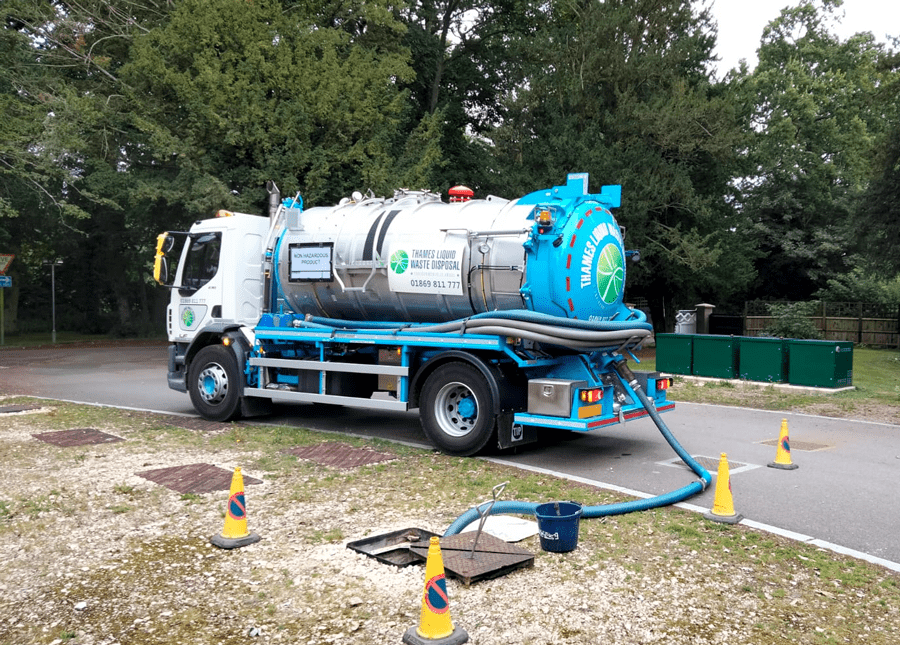The Definitive Guide to Reclaim Waste
Top Guidelines Of Reclaim Waste
Table of ContentsExcitement About Reclaim WasteHow Reclaim Waste can Save You Time, Stress, and Money.Top Guidelines Of Reclaim WasteThe 4-Minute Rule for Reclaim WasteSome Known Factual Statements About Reclaim Waste
Domestic sewage waste refers to the waste and products from a domestic septic storage tank. The proper administration and disposal of residential sewer waste call for fluid waste to be transferred to a sewage therapy plant where the correct approaches and devices are used to detoxify and dispose of waste.
Commercial waste typically includes prospective hazards, such as flammable materials or a mixture of fluid and strong waste products, and calls for an advanced and detailed disposal process. The disposal of industrial waste commonly involves the purification of waste prior to transportation to guarantee secure and appropriate disposal. Industrial waste is produced from results and runoff of industrial processes and production.
This sort of waste can not make use of the very same sewer administration transportation or procedures as septic or commercial liquids. The hazardous waste administration process needs the evaluation and testing of liquid waste prior to it undertakes the disposal procedure (liquid waste disposal melbourne). Runoff waste is the liquid waste that comes from overflow and excess stormwater in extremely booming locations or cities
Runoff waste can cause contamination and flooding otherwise taken care of properly. Learn much more regarding drain cleaning and waste management. Making sure appropriate waste monitoring can protect against calamities and lower ecological damage. Both individuals in household settings and professionals in commercial or manufacturing sectors can gain from comprehending the processes and laws of fluid waste administration.
The 9-Minute Rule for Reclaim Waste
Contact PROS Solutions today to learn regarding our waste monitoring and disposal services and the correct ways to care for the fluid waste you produce.
(https://www.domestika.org/en/reclaimwaste1)This so-called 'wastewater' is not only a vital resource yet, after treatment, will certainly be launched to our land, waterways or the sea. Utilized water from commodes, showers, baths, cooking area sinks, laundries and commercial processes is understood as wastewater.

water used to cool equipment or clean plant and devices). Stormwater, a form of wastewater, is overflow that flows from agricultural and city areas such as roof coverings, parks, gardens, roadways, paths and gutters helpful site into stormwater drains pipes, after rainfall. Stormwater moves unattended directly to local creeks or rivers, at some point getting to the ocean.
The Ultimate Guide To Reclaim Waste
In Queensland, many wastewater is dealt with at sewer therapy plants. Wastewater is transferred from domestic or industrial sites with a system of sewers and pump stations, known as sewerage reticulation, to a sewer treatment plant.
The Department of Natural Resources suggests neighborhood federal governments regarding managing, operating and maintaining sewage systems and therapy plants. In unsewered areas, regional federal governments might call for householders to install specific or house sewage therapy systems to deal with domestic wastewater from toilets, kitchen areas, shower rooms and washings. The Department of Natural Resources authorises using house systems when they are verified to be efficient.
The majority of stormwater receives no therapy. In some brand-new neighborhoods, therapy of some stormwater to get rid of litter, sand and gravel has begun utilizing gross toxin catches. Wastewater treatment happens in 4 phases: Eliminates solid issue. Larger solids, such as plastics and various other items mistakenly discharged to sewers, are gotten rid of when wastewater is passed with screens.
Wastewater then moves into huge tanks where solids clear up and are removed as sludge. Grease and residue are skimmed from the surface. Utilizes tiny living organisms called micro-organisms to damage down and get rid of remaining dissolved wastes and great particles. Micro-organisms and wastes are included in the sludge. Removes nitrogen and phosphorus nutrients that might create algal blooms in our waterways and intimidate aquatic life.
Some Known Details About Reclaim Waste
Nutrient removal is not readily available in any way sewage treatment plants since it calls for pricey specialized tools. It is becoming more common in Queensland. Clear liquid effluent produced after therapy might still have disease-causing micro-organisms. If this effluent is launched right into waterways such as rivers or the sea, the micro-organisms will ultimately die out.

The majority of wastewater moves into the sewage system. Under the Act, regional governments administer authorizations and licences for eco relevant tasks (Ages) entailing wastewater launches that could have a local influence.
Reclaim Waste Fundamentals Explained
Otherwise, samples are considered lab analysis. Commonly many examinations are needed to develop the degrees of each of the various toxins such as oils, hefty metals and pesticides in water. Tracking gives accurate details regarding water top quality and can confirm that licence problems are being met. The info acquired with monitoring offers the basis for making water high quality choices.